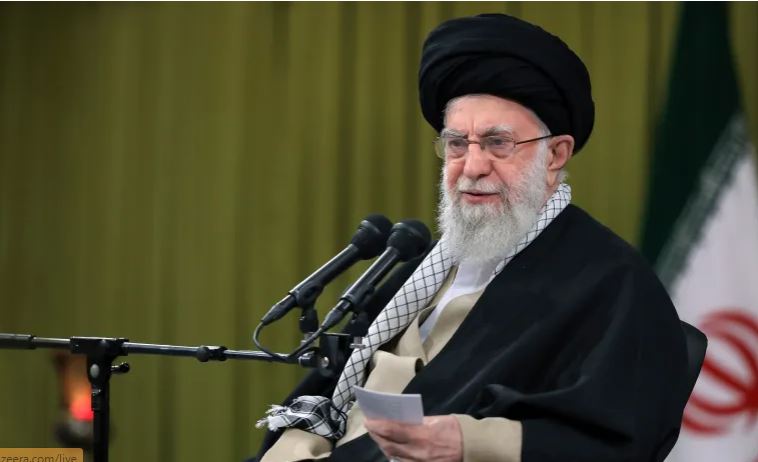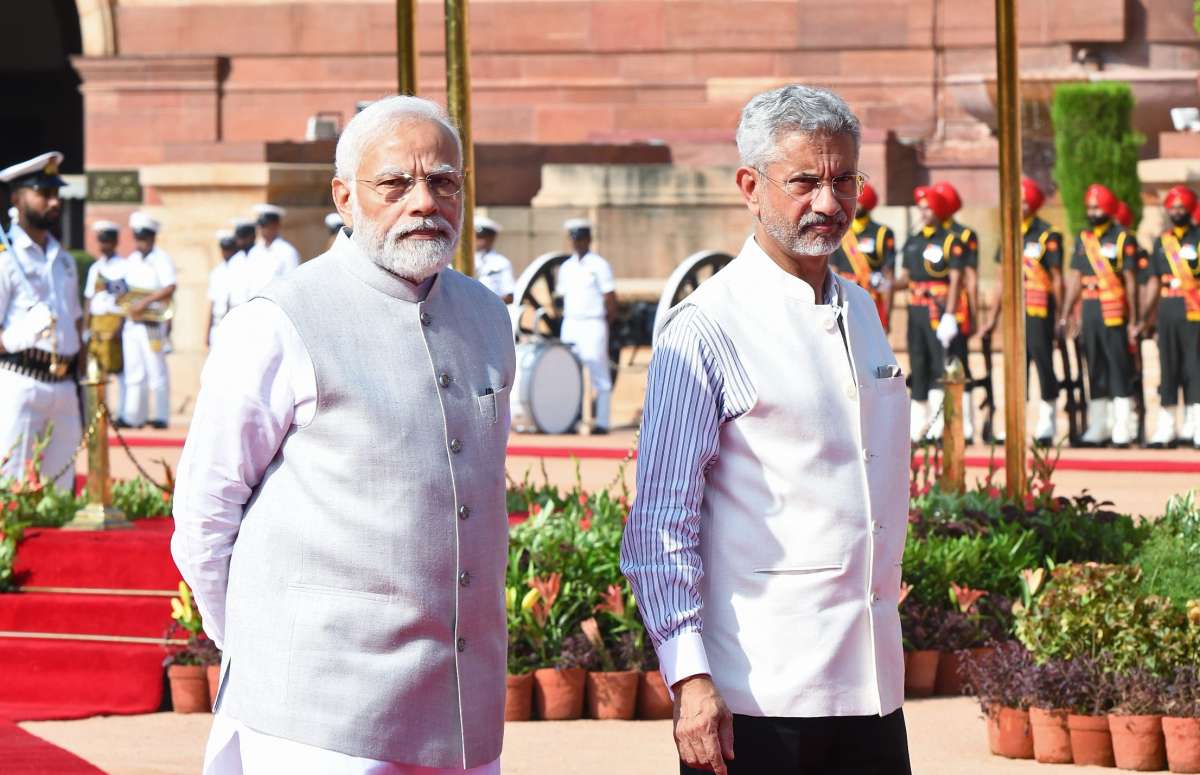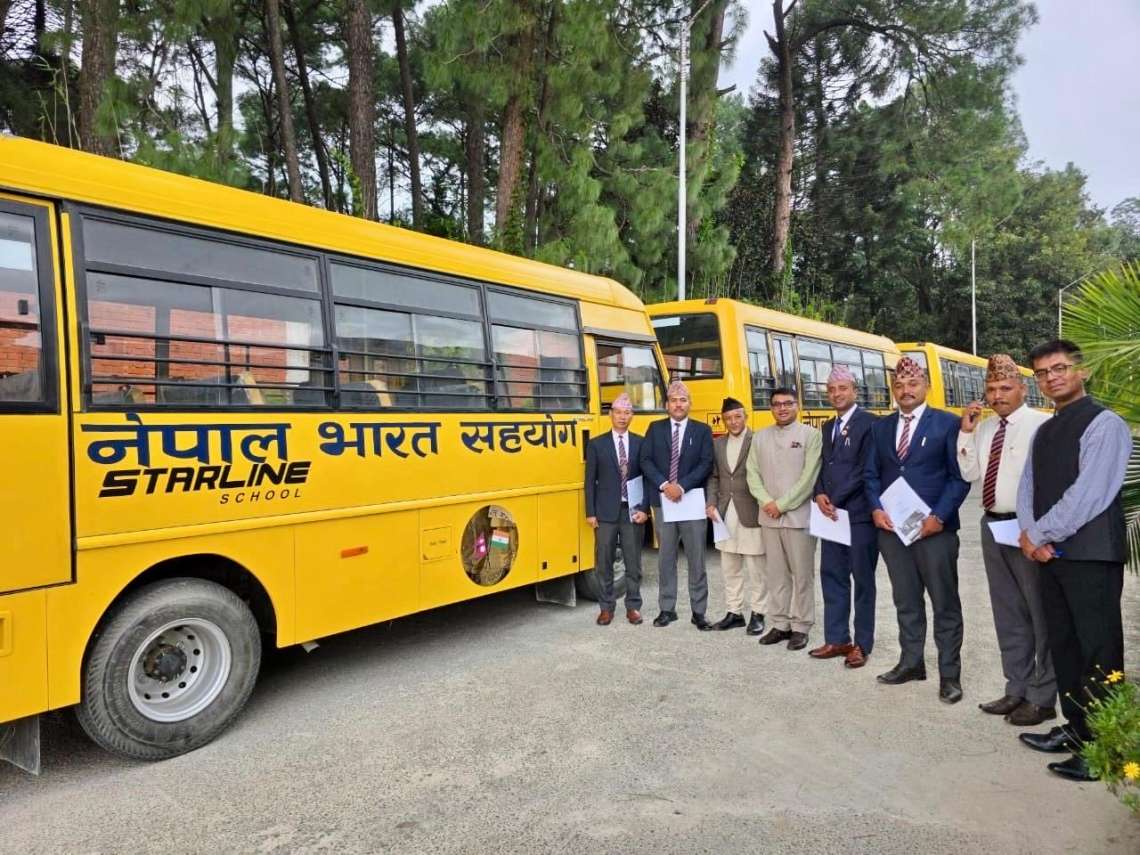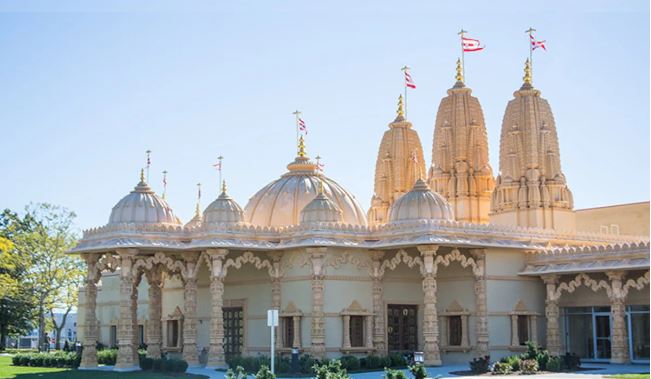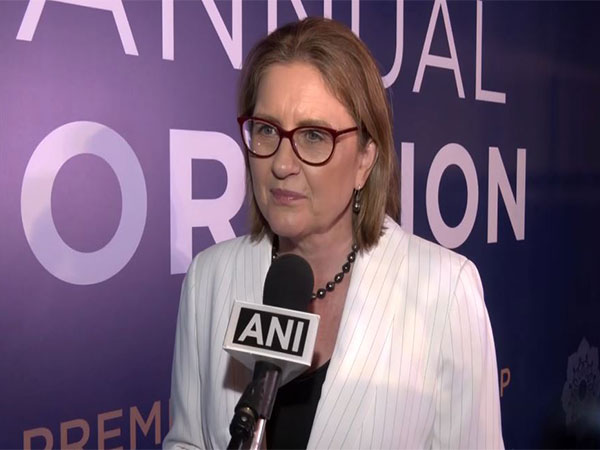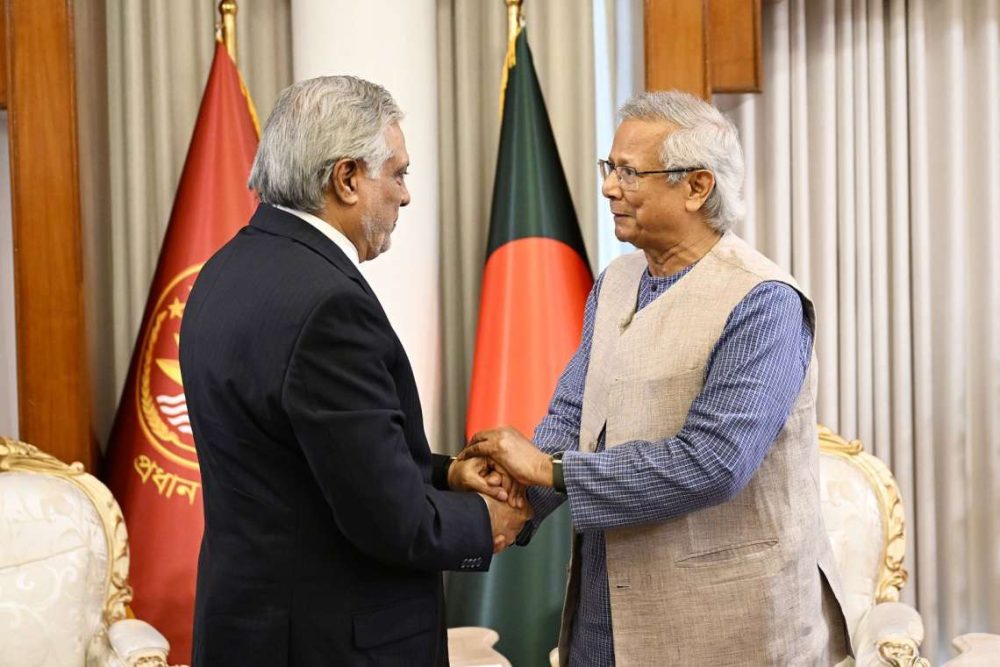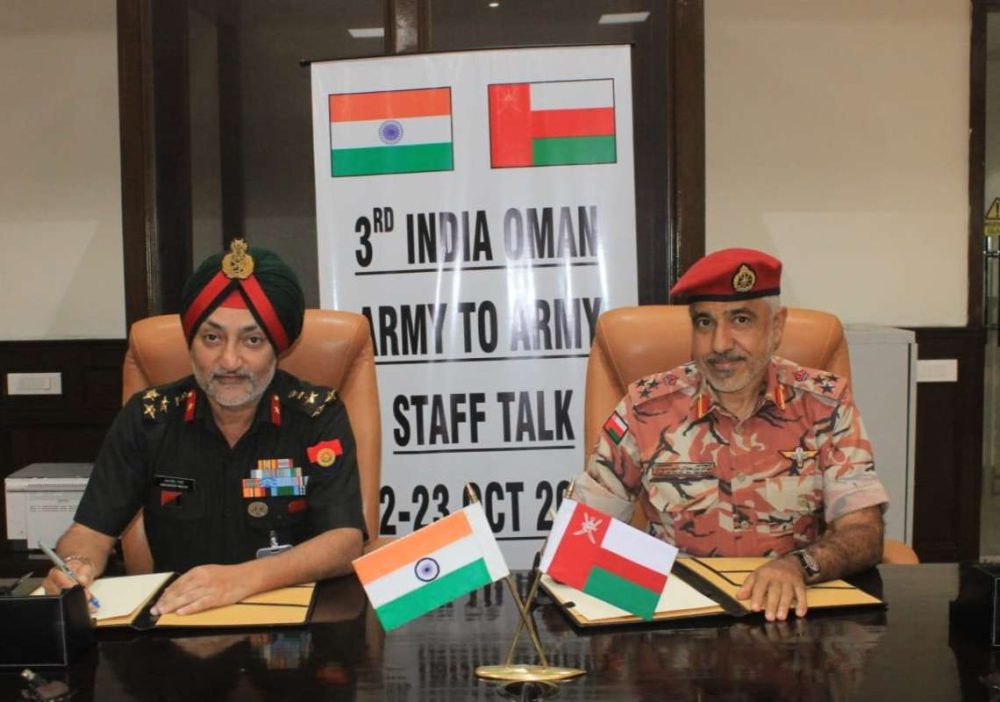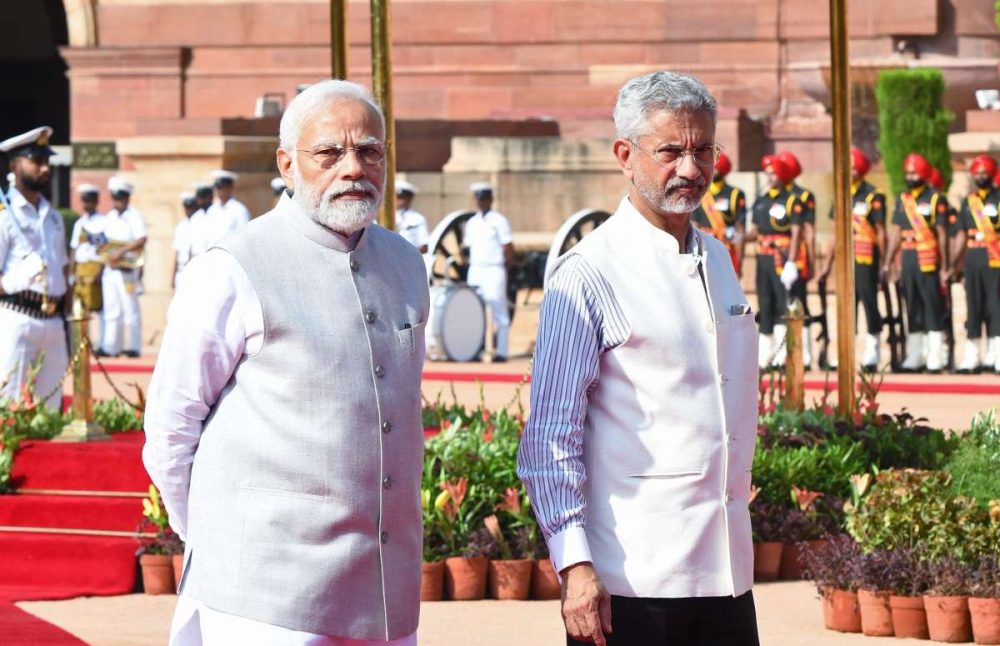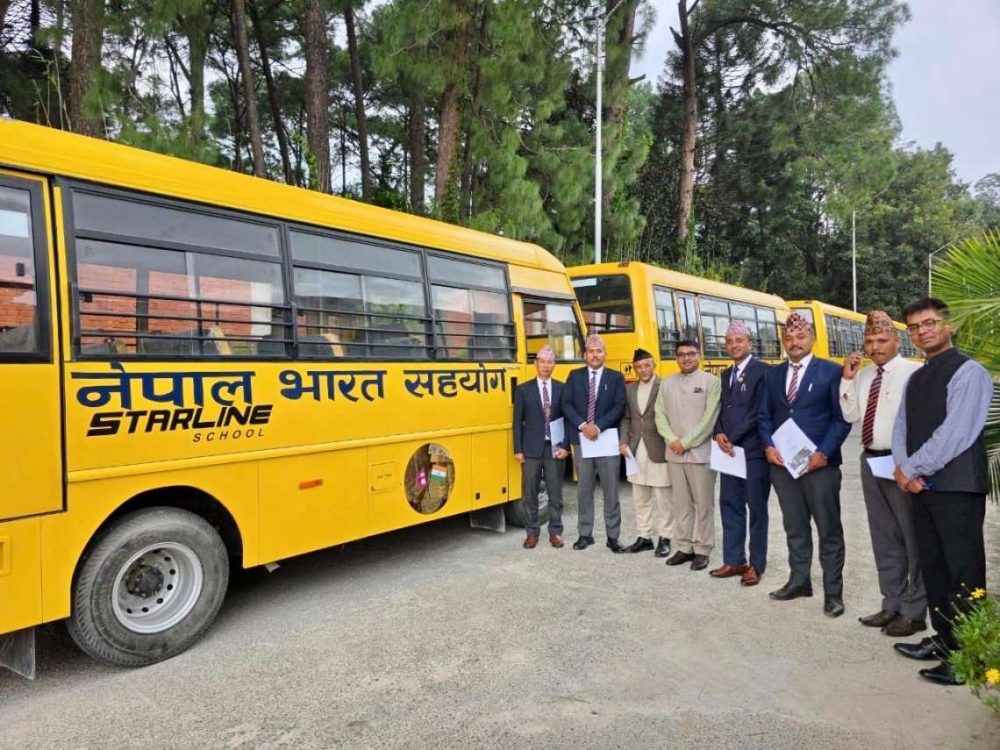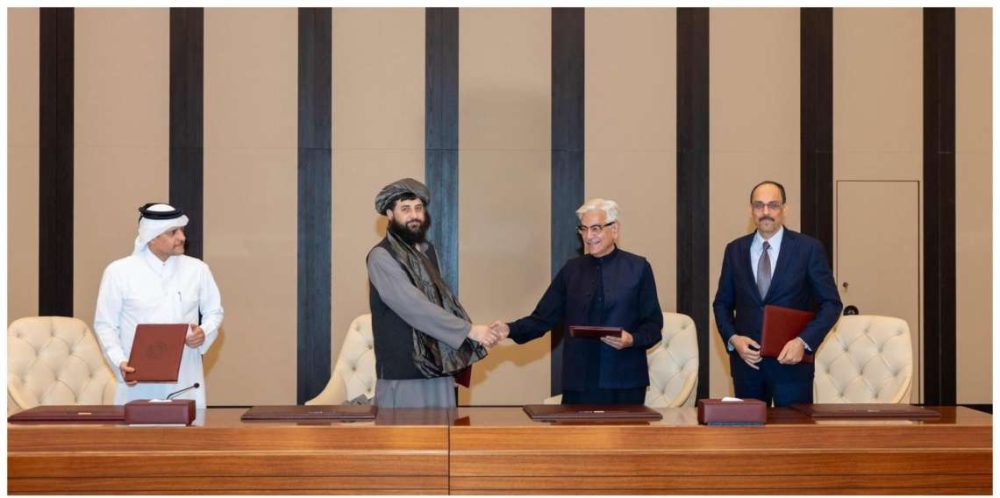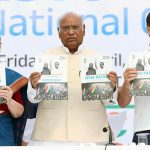The Ministry of External Affairs expressed strong disapproval and urged the countries to check their own track record on minority rights before “making any observations about others”…reports Asian Lite News
India expressed strong disagreement with Iran’s Supreme Leader, Ayatollah Ali Khamenei, over his recent statement that individuals who remain indifferent to the plight of Muslims in India cannot be considered Muslims.
India has dismissed the comments as misinformed and unacceptable. The Ministry of External Affairs expressed strong disapproval and urged the countries to check their own track record on minority rights before “making any observations about others.”
“We strongly deplore the comments made regarding minorities in India by the Supreme Leader of Iran. These are misinformed and unacceptable,” the MEA said in a press release.
“Countries commenting on minorities are advised to look at their own record before making any observations about others,” the release further said.
Notably, in a post on X, Ali Khamenei wrote, “The enemies of Islam have always tried to make us indifferent with regard to our shared identity as an Islamic Ummah.”
He added, “We cannot consider ourselves to be Muslims if we are oblivious to the suffering that a Muslim is enduring in #Myanmar, #Gaza, #India, or any other place.”
Meanwhile, in another post, Khamenei spoke about Gaza and Palestine and said, “Achieving the important goal of upholding the Islamic Ummah’s honor can only be realized through unity. Today, it is definitely our duty to support the oppressed people of Gaza and Palestine. Anyone who neglects this duty will surely be questioned by God.”
Lately, India and Iran have maintained a cordial relationship, signing a long-term contract for the strategically located Chabahar port in May this year amid Israel’s war in Gaza.
However, Khamenei has criticised the Narendra Modi-led government in the past as well over the communal violence that broke out in New Delhi in March 2020. The violence, which followed the passing of the Citizenship (Amendment) Act (2019), triggered the ire of some other Muslim-majority countries as well. Indonesia, Malaysia and Turkey, at the time, condemned the CAA and the Delhi riots.
The CAA offers Indian citizenship to persecuted religious minorities, such as Hindus, Sikhs, Buddhists, Jains, Parsis or Christians from Afghanistan, Bangladesh and Pakistan. Muslims do not come under the ambit of the law.
At the time, the Organisation of Islamic Cooperation (OIC) reacted to the law passed in India, saying it was closely following “recent developments affecting [the] Muslim minority in India”. However, Muslim-majority countries such as Saudi Arabia and the United Arab Emirates avoided direct condemnation of the new law.
In March 2020, days after 50 died in the Delhi riots, Khamenei said the Modi government must confront “extremist Hindus and their parties”.
Before that, India had summoned the then-Iranian envoy to India, Ali Chegeni, over a comment by Iran’s Foreign Minister Javad Zarif. Zarif had called on Indian authorities to “not let senseless thuggery” prevail while criticising the “wave of organised violence” that erupted in New Delhi over the CAA.
Teheran is the biggest supplier of crude in West Asia. New Delhi and Teheran also share concerns of terror from Pakistan and Afghanistan and hope for the Chabahar port.
Terror is also what binds India with Israel, with both nations suffering during the 26/11 Mumbai terror attack, which was why India lent support to Israel in the first few hours of the October 7 terrorist attacks by Hamas.
In August 2019, Khamenei had expressed concern over the situation of Muslims in Kashmir, two weeks after the government revoked Article 370 in Jammu and Kashmir.
“We’re concerned about Muslims’ situation in Kashmir. We have good relations with India, but we expect the Indian government to adopt a just policy towards the noble people of Kashmir and prevent the oppression & bullying of Muslims in this region,” he had tweeted. India had rejected his comments.
Tehran had last criticised India after the 2002 Gujarat riots and, a decade earlier, after the 1992 Babri Masjid demolition. While 1992, 2002 and 2020 are moments when Khamenei spoke out on Indian Muslims, he has time and again raised the issue of Kashmir, the last being in August 2019.
Before that, he had mentioned Kashmir in 2017 — for the first time in seven years — when he said, “The Muslim world should openly support the people of Yemen, Bahrain, and Kashmir and repudiate oppressors and tyrants who attacked [them].”
The last time violence in J&K was explicitly brought up by Iranian leaders was in 2010, when not just the Iranian supreme leader, but also the country’s foreign ministry raised questions about Kashmir.
In July and November of 2010, Khamenei had raised the need for the Muslim community to support the “struggle” in Kashmir – and put it in the same category as Gaza and Afghanistan.
ALSO READ: India Condemns Temple Vandalism in New York


